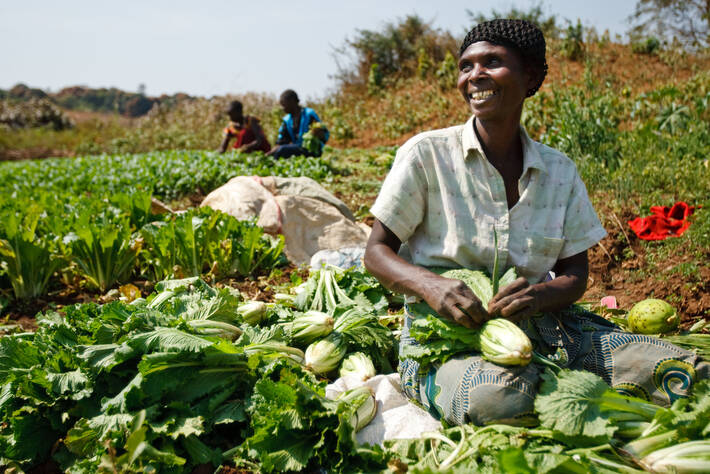The Association of Professional Women Engineers of Nigeria (APWEN) has provided farm inputs to the women farming cluster in Cross River, in its bid to boost food production in the state.
National President of the association, Dr Adebisi Osim, while speaking during the presentation exercise said that APWEN was committed to addressing food insecurity in the country.
Osim said that APWEN, after a critical look at the situation in the country, decided that the best thing to do was to help ensure food security.
”We targetted women farming clusters because they work on farms to provide food and decided to support them with inputs.
“The overall aim is to raise agripreneurs, even among engineers, and boost food production in the state and the nation at large,” he said.
In his remarks, the Programme Manager, Cross River Agriculture Development Programme (ADP), Mr Bassey Emogor commended APWEN for the gesture, noting that agriculture used to be Nigeria’s mainstay until oil was discovered.
According to Emogor, oil has now made many Nigerians so lazy to the point that the nation can no longer feed itself, thus relying on importation and palliatives to survive.
While encouraging the farmers to be strong and dedicated, he assured of technical support to make them successful.
Similarly, the Alternate Chairman of the Committee on Food Security and Irrigation Development in APWEN, Mrs Justina Ulafor said they went into the programme to change the lives of farmers from subsistence to business.
Ulafor said that the exercise was the first phase, adding that the association would ensure that the project was expanded in the second phase, while looking toward helping the women to attract grants from partners.
“We will be supplying the women with 50 bundles of hybrid, high-yielding cassava stems; 25 kilograms of maize seeds; herbicides and fertilisers which are enough for two hectares of farmland; from there, we will expand in the next phase,” she said.
In the same vein, the Coordinator of Passionate Women Farmers, Mrs Monica Odi, expressed gratitude to APWEN for the gesture.
Odi said they had about 50 hectares of farmland but had only been able to cultivate two hectares because farming was capital-intensive and that expansion required more money and machinery.
She also identified transportation to the farm as the other major challenge facing the group and solicited for a bus to help convey the women to and from the farm.
NAN


